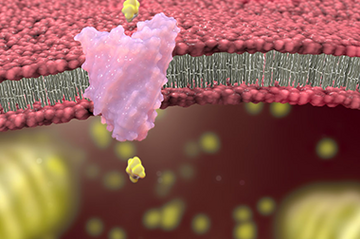The Dog Aging Project: Can Old Dogs Teach Us New Tricks?
Daniel E.L. Promislow, DPhil
University of Washington, Departments of Biology and Pathology, Seattle, WA USA
Overview
Veterinarians readily recognize dogs that are aging well, or poorly, but there is currently no standardized way to document these observations and share them with colleagues. This presentation describes the Dog Aging Project (DAP), which will take advantage of the extraordinary variation in domestic dog breeds to identify the genetic and environmental factors that shape healthspan and lifespan. With a planned cohort of 10,000 companion dogs, this longitudinal study of aging and age-related disease will help develop tools to improve the description, and ultimately the care, of aging dogs.
Key points
- Lifespan variation comes from two sources: genetics and environment. One goal of the DAP is to identify the genetic and environmental factors that shape variation in health span and lifespan through solving this fundamental equation:
P= G + E + G x E (P = Phenotypic variation; G = Genotypic variation; E = Environmental variation) - Guidelines to better evaluate aging dogs will be developed based on veterinary databases and established methods for assessing aging in people, including:
- measurements of age-related disease in dogs
- comorbidity/multiple chronic conditions
- frailty scores
- assessment of systemic inflammation
- nutritional components
Clinical relevance
By defining measures of healthy aging in dogs, the DAP will generate a model with the power to predict, diagnose, treat and prevent age-related disease. With these defined measurements, practitioners will have new tools to help make their patients’ later years of life as healthy as possible.
This document contains summaries of all presentations from the Companion Animal Nutrition Summit, held May 3-5, 2018 in Charleston, South Carolina. Please note that these summaries represent overviews of the presentations and may include opinions and research of presenters, which do not necessarily reflect those of the Nestlé Purina Petcare Company.
Produced by the Purina Institute, May 21, 2018


